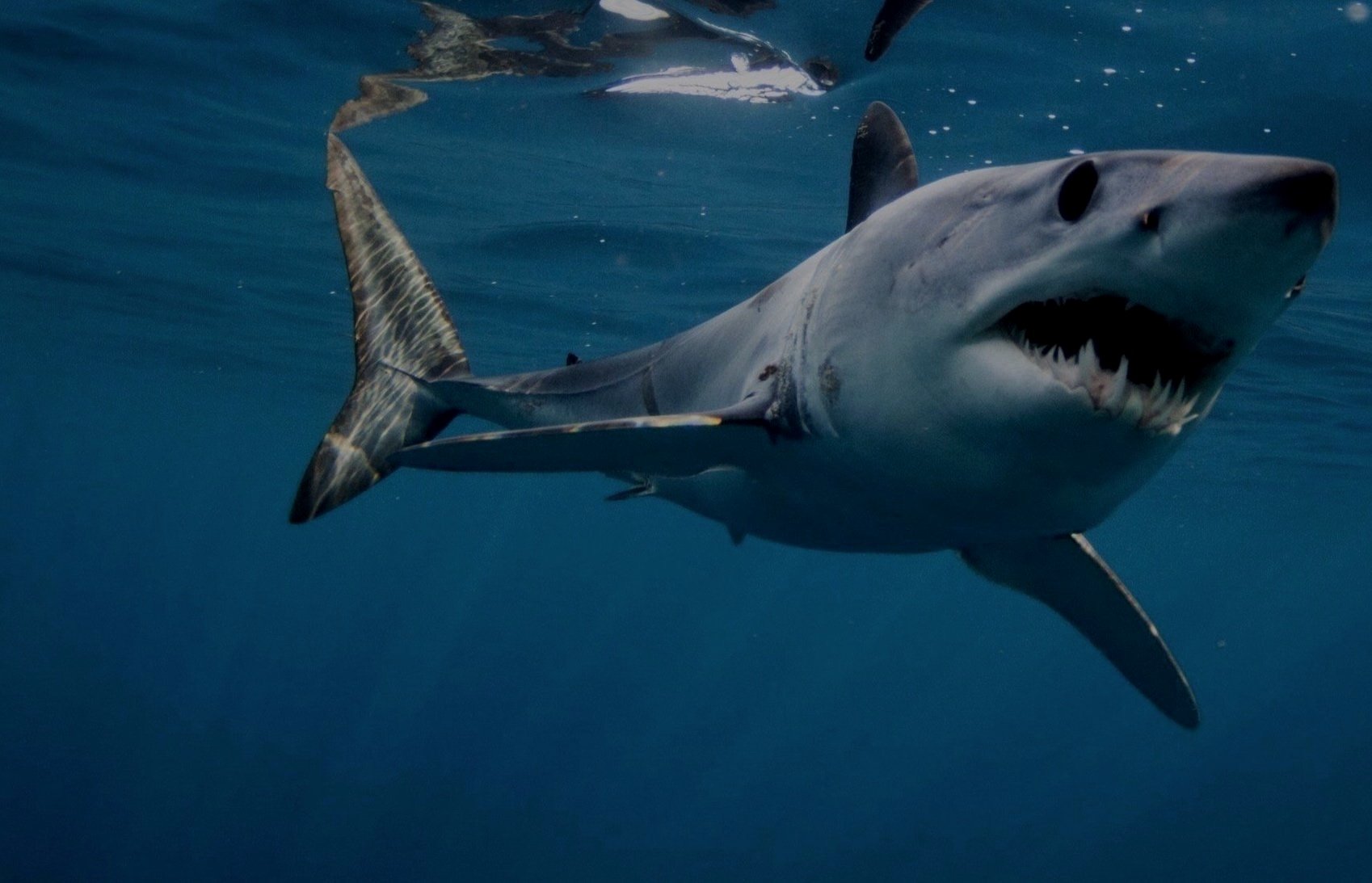
SHARK WORKSHOPS & EXPEDITIONS
SHARK BIOLOGY WORKSHOPS FOR NON-BIOLOGISTS
The Pelagic Shark Workshop is available in two options:
Brief_Pelagic Sharks Workshop offers a practical and relaxed introduction to shark research and conservation.
Extended_Pelagic Sharks Workshop dive deeper into shark research, gain extensive knowledge, and have more opportunities to see or interact with wild pelagic sharks
BRIEF_PELAGIC SHARKS WORKSHOP
LOCATION: CABO SAN LUCAS, BCS, Mexico.
DURATION: 2 DAYS
SEASON: March-April-May 2025
FIELD TRIPS: 2 shark tours (5 hours each)
SEMINARS: Shark Biology/ Species ID/ Monitoring Programme Study
CITIZEN SCIENCE: Shark census/ Data collection
COURSE KIT: Project T-shirt, Pelagic Sharks ID Slate.
BRIEF PELAGIC SHARKS WORKSHOP DETAILS:
SEMINARS:
Shark Biology: shark evolution, taxonomy, sensory biology, comparisons between pelagic and reef sharks, reproduction, shark conservation efforts in Mexico, and the main threats facing shark populations
Species ID: learn to identify the four main pelagic shark species in the area—mako shark, blue shark, smooth hammerhead, and silky shark—and understand their key biological characteristics.
Monitoring Programme Study: take on the role of a researcher for a session and explore the main objectives of the Pelagic Shark Monitoring Program along with its key findings. Topics include: seasonal patterns, environmental influence , and habitat preferences.
CITIZEN SCIENCE ACTIVITIES:
PELAGIC SHARK VISUAL CENSUS: the crew registers the number of sharks, shark species, sex and size, behavioral data, and special markings on each individual shark during every shark tour. Videos and photos are also recorded and introduced to our data bank.
RECORDING DATA: environmental factors like wind direction, wind speed and sea surface temperature (SST) in situ. Moon illumination, photoperiod (day length) and chlorophyll concentration are also recorded on return to land.
PRICE: 600 USD per person
PLEASE NOTE the workshop does not include accommodation, transportation to the marina, or meals. The workshop requires a minimum of 3 participants to take place.
EXTENDED_PELAGIC SHARKS WORKSHOP
LOCATION: CABO SAN LUCAS, BCS, Mexico.
DURATION: 5 DAYS
SEASON: March-May 2025
FIELD TRIPS: 5 shark tours (5 hours each)
SEMINARS: Shark Biology/ Shark Species ID/ Shark Tourism/ Shark provisioning methods/ Monitoring Programme Study
CITIZEN SCIENCE: Shark census/ Data collection/Shark Photogrammetry/Photo ID/ Shark behavior
COURSE KIT: Project T-shirt, Pelagic Sharks ID Slate, Workshop PDF, Shark Surveyor Diploma.
EXTENDED_PELAGIC SHARKS WORKSHOP DETAILS:
SEMINARS:
Shark Biology: shark evolution, taxonomy, sensory biology, reproduction, shark conservation efforts in Mexico, and the main threats facing shark populations.
Species ID: learn to identify the four main pelagic shark species in the area—mako shark, blue shark, smooth hammerhead, and silky shark—and understand their key biological characteristics.
Shark Tourism: comprehend how this industry has evolved in Los Cabos and around the world. Learn about the differences between various shark diving sites and locations.
Shark provisioning methods: these commonly used in shark tourism to attract sharks to specific areas for observation or interaction. Learn how these practices are employed and their effects on shark populations is crucial for managing sustainable and responsible shark tourism.
Monitoring Programme Study: take on the role of a researcher for a session and explore the main objectives of the shark monitoring program along with its key findings. Topics include: seasonal patterns, environmental influences, and habitat preferences.
CITIZEN SCIENCE ACTIVITIES:
PELAGIC SHARK VISUAL CENSUS: the crew registers the number of sharks, shark species, sex and size, behavioral data, and special markings on each individual shark during every shark tour. Videos and photos are also recorded and introduced to our data bank.
RECORDING DATA: environmental factors like wind direction, wind speed and sea surface temperature (SST) in situ. Moon illumination, photoperiod (day length) and chlorophyll concentration are also recorded on return to land.
PHOTOGRAMMETRY: using underwater lasers and an underwater camera, we can estimate the size of the encountered sharks. These measurements help us evaluate the size structure of their population.
SHARK PHOTO-ID: Using the photographs collected during each shark survey, we will attempt to individually identify sharks based on scars, deformities, and other distinguishing features.
PRICE: 1.500 USD per person
PLEASE NOTE the workshop does not include accommodation (due to the length of the workshop, we can arrange accommodation if needed) , transportation to the marina, or meals. The workshop requires a minimum of 3 participants to take place.



